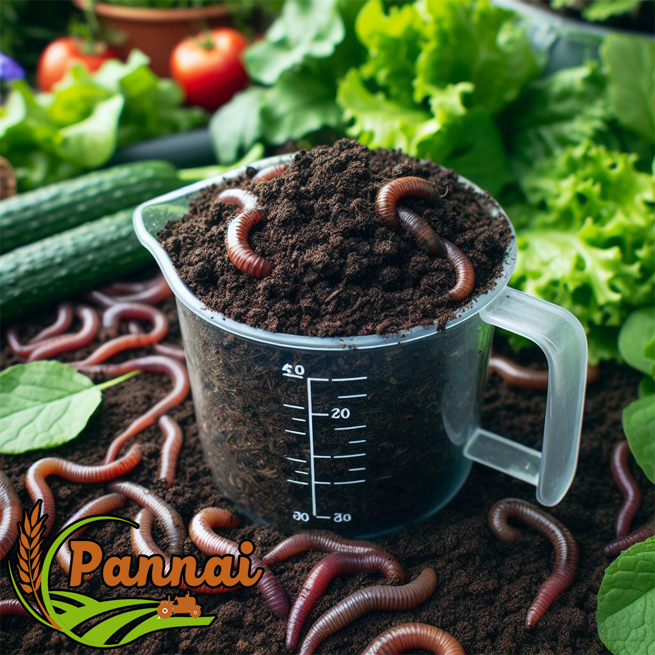

Organic Vermicompost 5KG
-
Rs418.95
-
Rs313.95
-
Rs313.95
-
Rs313.95
-
Rs313.95
Reviews & Ratings
Organic Vermicompost
Vermicompost, often referred to as "black gold" in the realm of agriculture, stands as a testament to the transformative power of nature's smallest workers – earthworms. This document serves as a comprehensive guide to vermicompost, elucidating its production process, benefits, applications, and best practices for sustainable soil enrichment.
1. Understanding Vermicompost:
Vermicompost is a nutrient-rich organic fertilizer produced through the process of vermicomposting, which involves the decomposition of organic materials by earthworms. This natural and sustainable method results in a humus-like substance teeming with beneficial microorganisms, plant-available nutrients, and soil-enhancing properties.
2. Benefits of Vermicompost:
The utilization of vermicompost confers numerous advantages to soil health, plant growth, and environmental sustainability:
- Nutrient-Rich Fertilizer: Vermicompost is a potent source of essential nutrients such as nitrogen, phosphorus, potassium, calcium, and micronutrients, which are readily available to plants.
- Enhanced Soil Structure: Vermicompost improves soil structure by promoting aggregation, aeration, and water retention, thus creating an optimal environment for root growth and microbial activity.
- Suppression of Plant Diseases: The presence of beneficial microorganisms in vermicompost helps suppress soil-borne pathogens and diseases, reducing the need for chemical pesticides.
- Increased Crop Yields: Application of vermicompost results in healthier, more vigorous plant growth, leading to higher yields and improved crop quality.
- Environmental Sustainability: Vermicomposting diverts organic waste from landfills, reduces greenhouse gas emissions, and promotes circularity in agricultural systems.
3. Vermicompost Production Process:
The production of vermicompost involves several key steps:
- Feedstock Selection: Choose a balanced mixture of organic materials such as kitchen scraps, garden waste, livestock manure, and agricultural residues.
- Worm Selection: Select suitable species of earthworms to known for their voracious appetite and rapid reproduction.
- Composting Bed Setup: Create composting beds or bins with adequate ventilation, moisture, and bedding material such as shredded cardboard, newspaper, or coconut coir.
- Feeding and Maintenance: Introduce organic waste materials into the composting beds and regularly monitor moisture levels, temperature, and worm activity to ensure optimal conditions for decomposition.
- Harvesting and Curing: Harvest vermicompost once the bedding material is thoroughly decomposed and rich in dark, crumbly castings. Allow the vermicompost to cure for a few weeks before application to the soil.
4. Application of Vermicompost:
Vermicompost can be applied to various agricultural settings and crops using the following methods:
- Topdressing: Spread vermicompost evenly on the soil surface around the base of plants or between rows.
- Incorporation: Mix vermicompost into the topsoil during land preparation or planting to ensure uniform distribution of nutrients.
- Mulching: Apply a layer of vermicompost as mulch to conserve soil moisture, suppress weeds, and gradually release nutrients to the root zone.
- Seed Starting Mix: Blend vermicompost with potting soil or seed starting mix to provide young plants with a nutrient-rich growing medium.
5. Best Practices for Vermicompost Utilization:
To maximize the benefits of vermicompost and ensure its effective utilization, consider the following best practices:
- Soil Testing: Conduct soil tests to assess nutrient levels and pH before applying vermicompost, allowing for targeted supplementation and soil amendment.
- Balanced Application: Apply vermicompost in conjunction with other organic and mineral fertilizers to achieve a balanced nutrient profile and avoid over-fertilization.
- Regular Monitoring: Monitor soil moisture, nutrient levels, and plant health regularly to assess the impact of vermicompost application and adjust management practices accordingly.
- Long-Term Planning: Incorporate vermicompost into a holistic soil fertility management plan, integrating crop rotation, cover cropping, and other sustainable practices to promote long-term soil health and productivity.
In conclusion, vermicompost represents a paradigm shift towards sustainable agriculture, offering a natural, nutrient-rich solution for soil enrichment and crop production. By harnessing the power of earthworms and organic waste materials, vermicompost embodies the principles of circularity, resilience, and environmental stewardship, paving the way for a greener, more sustainable future in agriculture.
Related products
Organic Manure 5KG
PROM 5KG
Organic Soil Conditioner 5KG
Cow Dung Manure 5KG
Natural Bone Meal 5KG
Organic Potting Mix 5KG
Goat and Sheep Manure 5KG
Buffered Coir Pith
-
Rs418.95
-
Rs313.95
-
Rs313.95
-
Rs313.95
-
Rs313.95
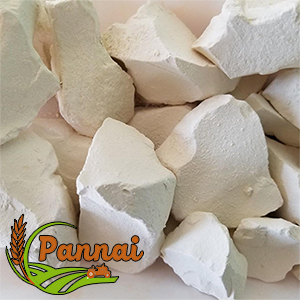
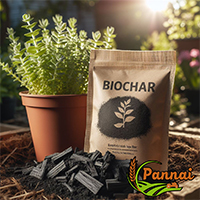
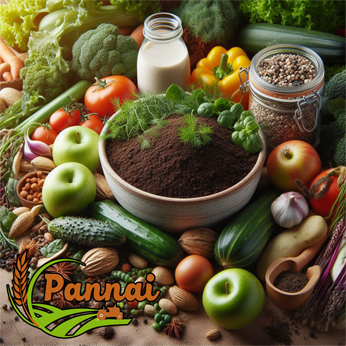
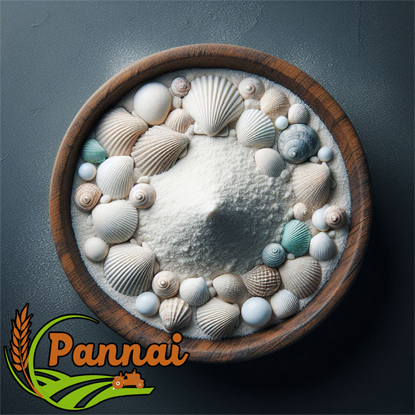
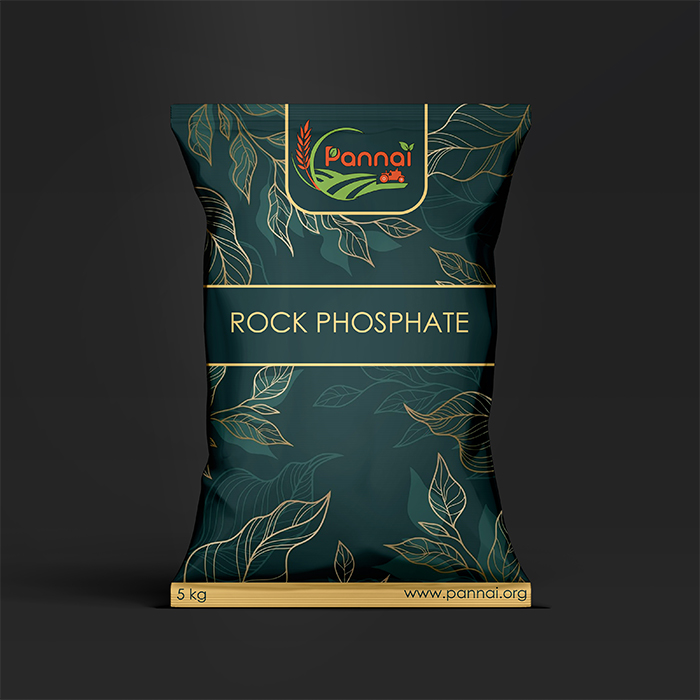
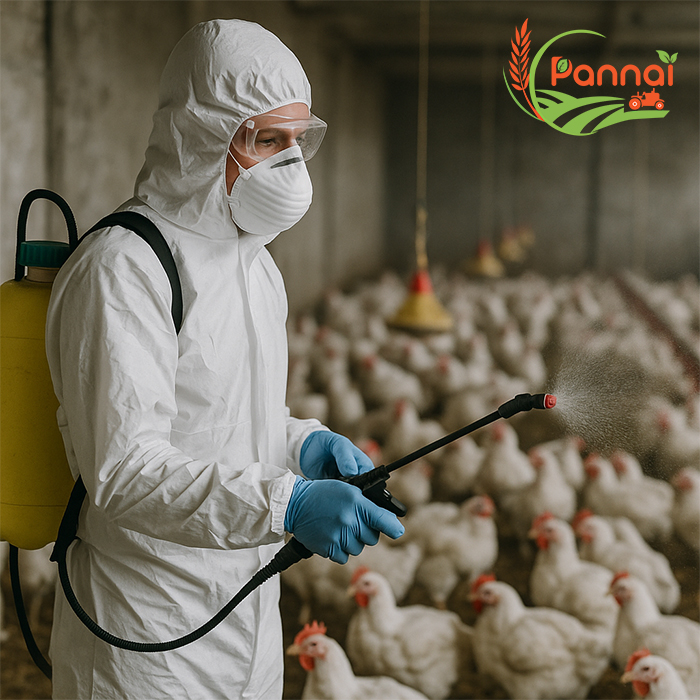
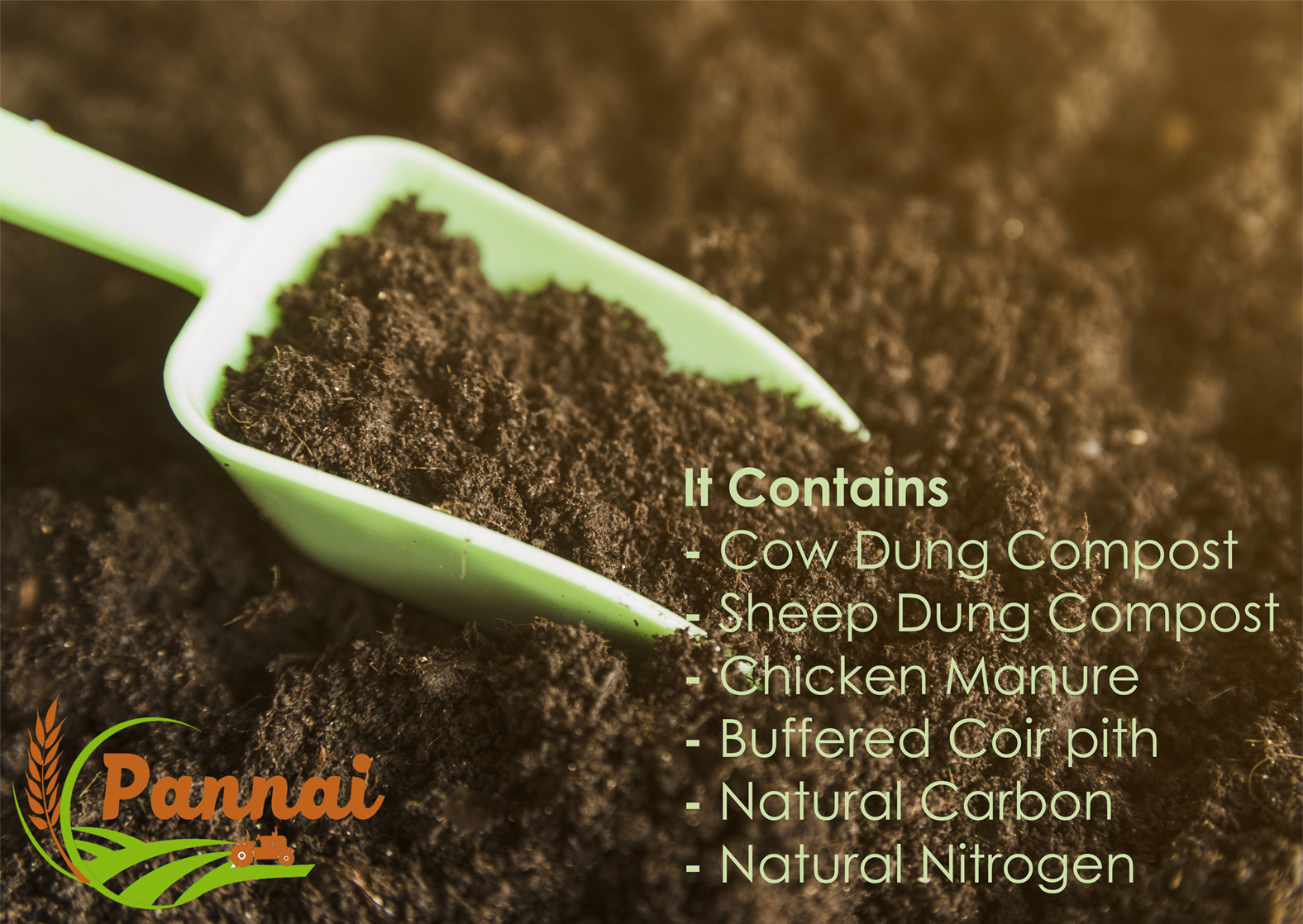
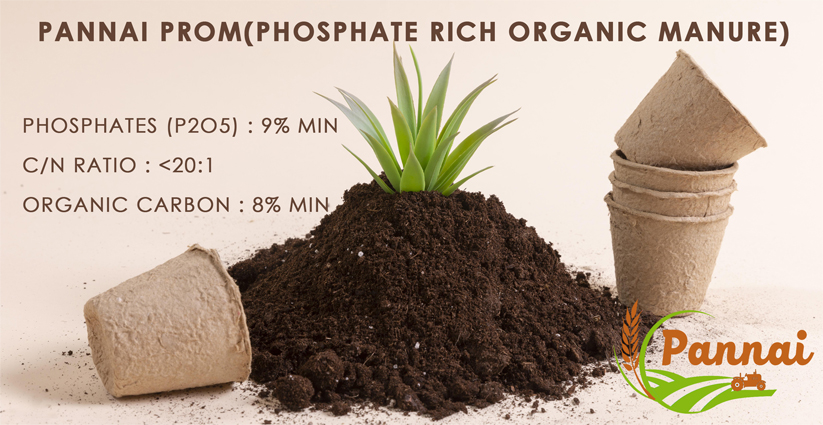
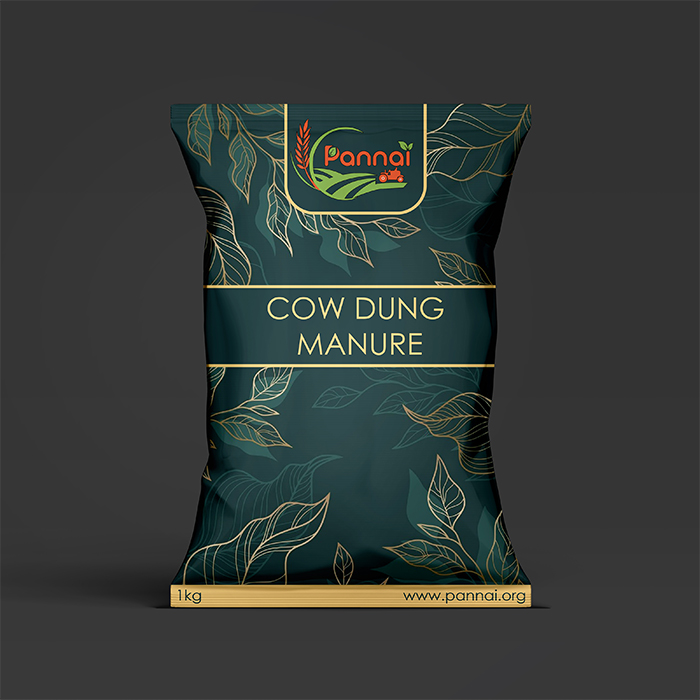
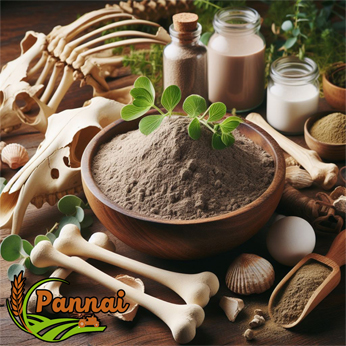
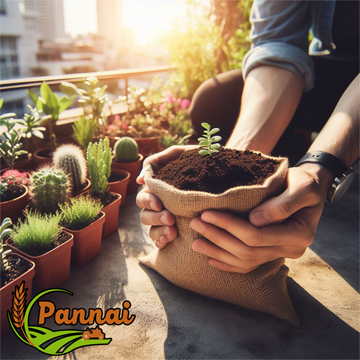
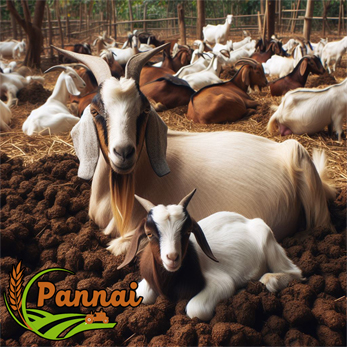
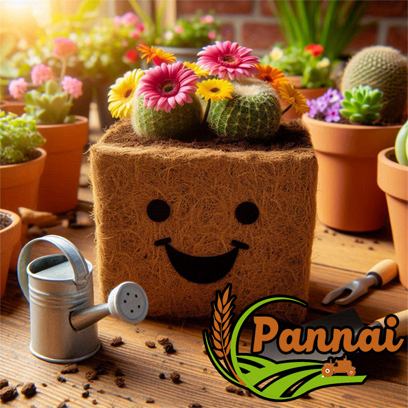
 Sign in with Google
Sign in with Google

